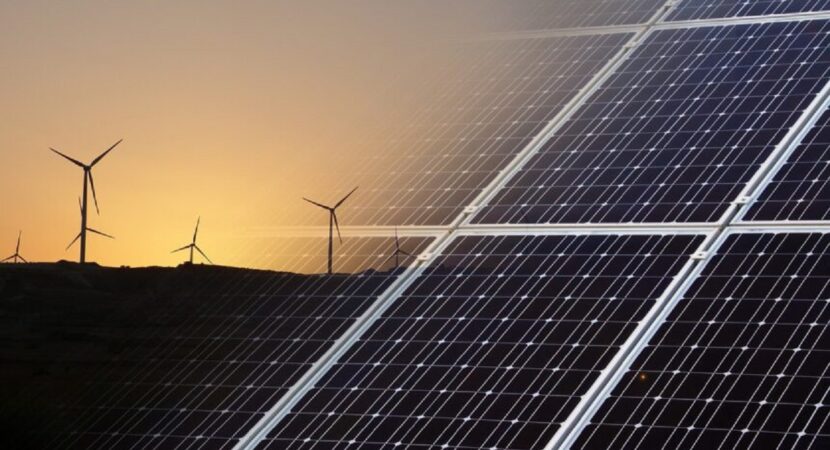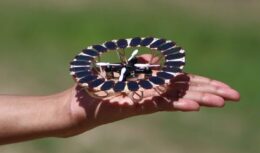
The Minister of Infrastructure, Tarcísio Gomes de Freitas, presents this Thursday (10) his investment plan and sustainability policy for the renewable energy sector
The Minister of Infrastructure, Tarcísio Gomes de Freitas, presented this past Thursday (10) his new investment plan and sustainability policy, aimed at the energy sector. Tarcísio Gomes de Freitas spoke during a lecture at the Brazil Energy event, a renewable energy congress that is taking place in São Paulo.
Read also
Investment plan by Minister Tarcísio Gomes de Freitas
During his speech at the renewable energy congress, the infrastructure minister reported on the analysis of the situation in the energy sector and the different niches that are emerging in the market.
These niches are being created from the great advancement of clean energy generation technologies, such as wind power generation and solar energy. Last Wednesday, Absolar (Brazilian Association of Photovoltaic Solar Energy) announced that the famous distributed generation – consumers responsible for their own renewable energy generation system, such as solar panels that are installed on the roofs of houses and small trades – managed to reach the mark of 9 GW of installed power, which is equivalent to two thirds of the total capacity of the Itaipu Hydroelectric Power Plant, the largest ever built in Brazil.
Currently, there are over 800 photovoltaic systems that are properly connected to the grid. Small business consumers are responsible for 90% of the total installed. Regarding the total power, the group of consumers represents around 80%. Residential, industrial and government consumers complete the group of users of this technology.
Investments in the renewable energy sector
According to data from Absolar, since 2012 investments have totaled 48 billion reais in the energy sector, generating more than 270 jobs across the country. This technology is currently distributed in around 5,5 Brazilian municipalities.
According to statements by the chairman of the board of directors of Absolar, Ronaldo Koloszuk, solar energy has been one of the main helpers in the process of lowering the electricity bill for all Brazilians, mainly due to the high reduction in the use of fossil thermoelectric plants, which are more expensive and much more polluting, in addition to being the main responsible for tariff flags, which make the electricity bill much more expensive.
Renewable Energy is a solution for the Brazilian energy matrix
With the analysis made by the Minister of Infrastructure Tarcísio Gomes de Freitas and the sum of the installed capacities in the large plants and the distributed generation (own generation) of solar energy, it is possible to say that the solar source currently occupies the fifth place within the Brazilian energy matrix. .
The solar energy source has already surpassed the installed capacity of thermoelectric plants that run on oil and other types of fossils, which currently produce around 9,1 GW of Brazil's energy matrix.
From January to April last year, around 4 million RECs were traded in Brazil, the same volume traded in the whole of last year. The expectation is that 10 million certificates will be issued in 2021, an increase of 300% compared to 2019, and 150% compared to 2020. The price of these environmental assets varies from 2 to 5 reais, depending on the plant from which they were originated. The transaction is made directly between seller and buyer.













"Friendly nation" I don't believe you can…
The potential of this research and…
There is already a language translation app…
Developed countries now need a helping hand…
I've never seen a website publish so much zucchini...
It must be sold to the Australians, nation…
Much better than playing a lot…
Very interesting, but there is so much invasive propaganda…